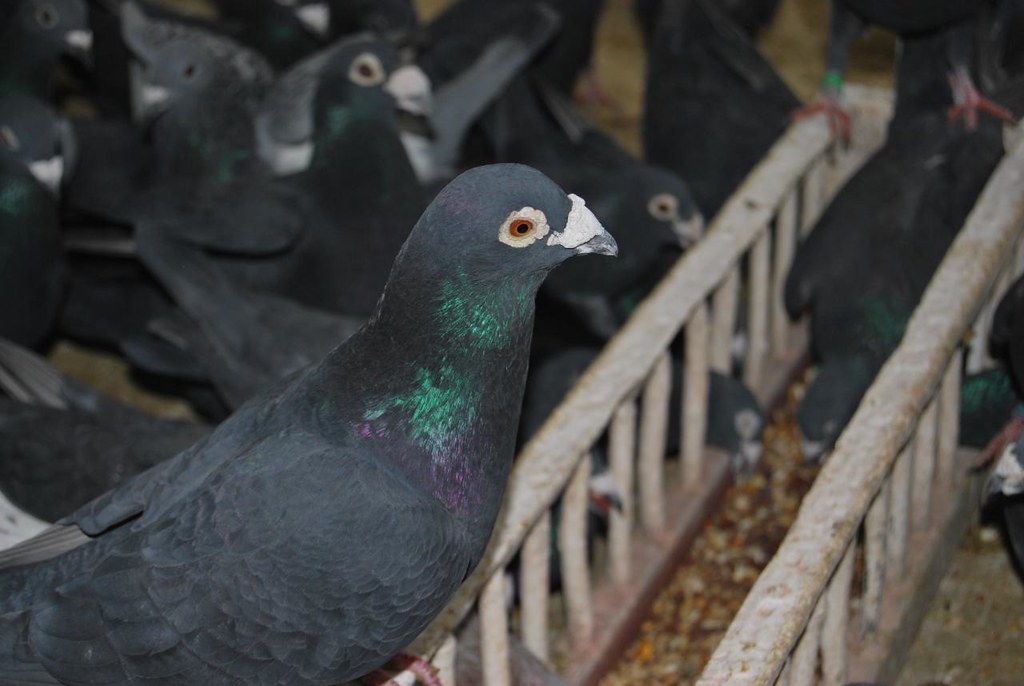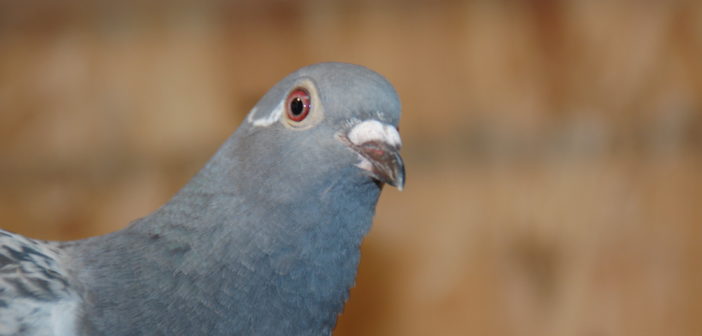South Africa’s National Council of SPCAs (NSPCA) is again concerned by the low number of pigeons that have returned to their loft of the South African Million Dollar Pigeon Race (SAMDPR), which took place on Saturday, February 1st, 2020.
1548 pigeons were released in the early morning of February 1st, 2020 in the Northern Cape and were expected to make their way back to their loft in Sasolburg, some 600 kilometers [about 373 miles]away, but to date, only 675 pigeons have returned which means that 60% are still missing.
The pigeons used for pigeon racing are bred in captivity and spend their lives in the care of humans, making them completely dependent on humans to survive. They are easy prey to predators and do not know how to protect themselves from the elements or even how to forage for themselves.

The NSPCA is aware that at the beginning of the training season, 3377 pigeons were released during the first training flight. This means that between training and hot spot races, and the actual Million Dollar race, 1829 pigeons went missing or died before the main event, totaling a disappearance of 2702 pigeons during the entire season.
“It is shocking that 80% of the pigeons disappeared during the entire season, and that these losses seem to be accepted by the pigeon racing fraternity. No one is able to confirm the fate of these sentient creatures – this race takes place in one of the hottest months of the year with scarce water sources along the route and other adverse weather conditions such as thunder storms; one can only imagine the suffering that these birds endure” said Senior Inspector Arno De Klerk, manager of the NSPCA’s Special Projects Unit.
The environmental impact that this could have if surviving birds join South Africa’s growing feral population is also cause for concern – the pigeon is a non-native species with a rapid reproduction rate. This is a serious concern for the environment as well as the birds’ welfare.
The NSPCA remains opposed to animal racing in all forms.
Featured image: a close-up of a racing pigeon. Image credit Ed Munoz, CC BY-SA 2.0.






1 Comment
Do you have an email address we can write to, to express opposition to these pigeon racing events?